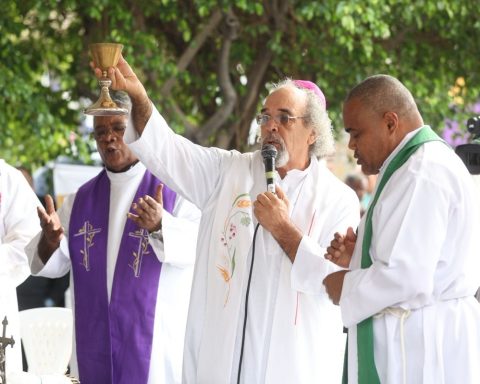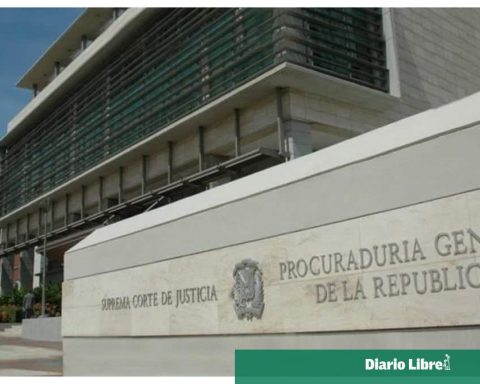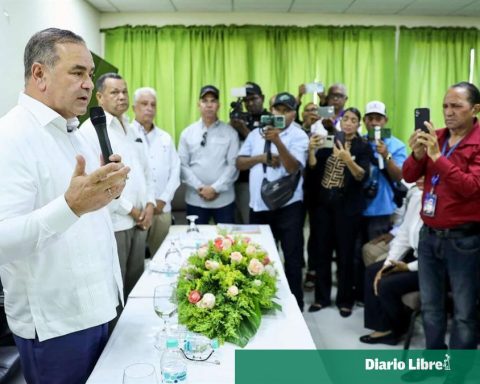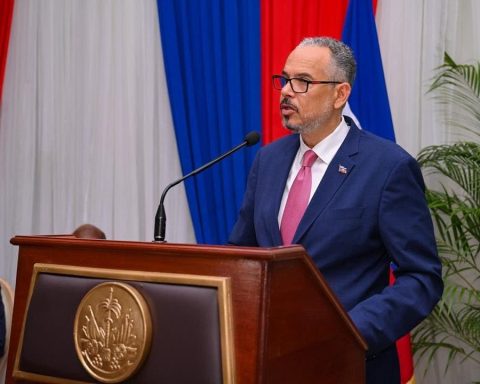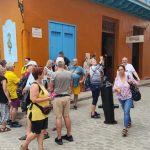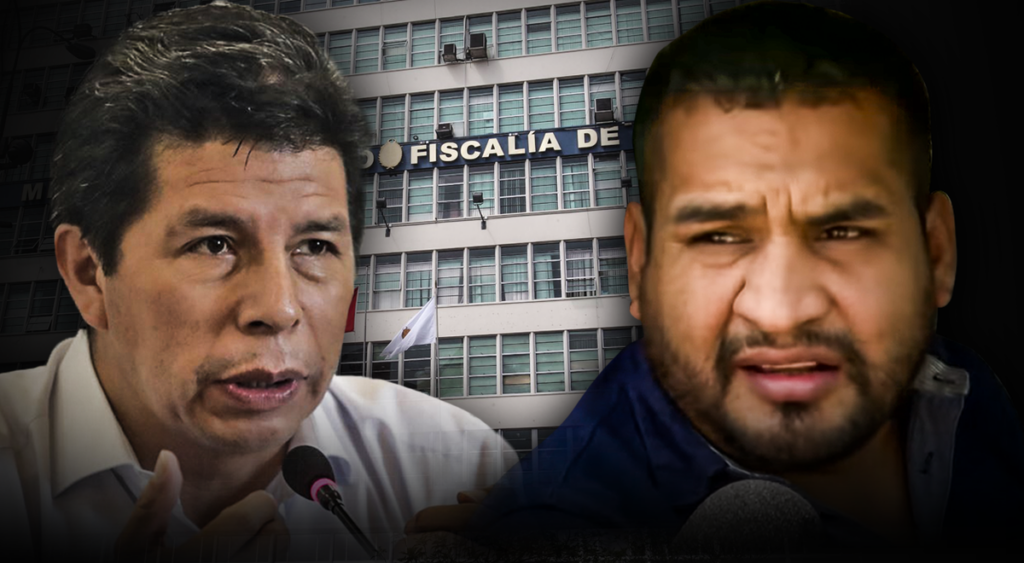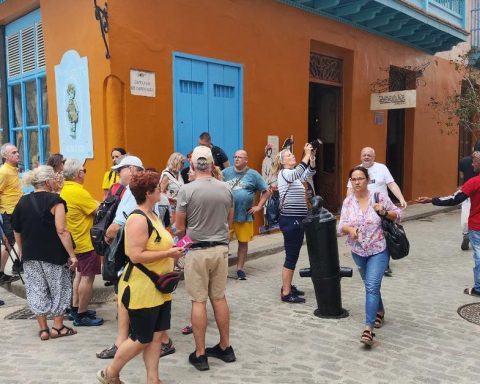The country representative for the Dominican Republic of world BankAlexandria Valerio, said Monday that the institution trusts the Dominican authorities and described the Dominican economic growth as solid.
“The World Bank has confidence in the authorities, in Dominican men and women, in creating public policies that allow us to help in a reliable and transparent way in support and improvement of results”Country representative for the Dominican Republic of the World Bank
Valerio spoke after participating in the launch of the study “Approximating the GDP at the regional level in the Dominican Republic”, where the world Bank provided technical support so that the Ministry of Economy, Planning and Development (Mepyd) and the National Statistics Office (ONE) will perform this survey.
He reiterated the commitment of world Bank to continue working with the Dominican Republic to improve the quality of life of the most vulnerable population.
In addition to supporting the “The Government’s effort to continue making the country’s economic growth solid, always more inclusive and sustainable”.
According to the study data, the Ozama region, which constitutes Greater Santo Domingo, contributes a greater portion to the growth of the national GDP, registering 1.7%, followed by the Cibao Norte and Yuma regions with 1.2% and 0.6%, respectively. In addition, the document indicates that the three regions concentrate around 63.1% of the national GDP.
On his side, the Minister of Economy, Pavel Isa Contreras, said that the study shows that economic activity is highly concentrated, particularly in the great Santo Domingo.
“It is a huge challenge because it means that economic opportunities are concentrated too much in very little territory and public policies have to counteract that and ensure that there are better opportunities in other territories where there is less economic concentration,” said the head of the Mepyd.
He stressed that in order to change that reality, quality data is needed and with this study they are showing it.
“We have the challenge of continuing to produce data, but also of using it to make better public policies. For this reason, the government has set out to boost the economy on the border to create opportunities” Isa Contreras pointed out.


